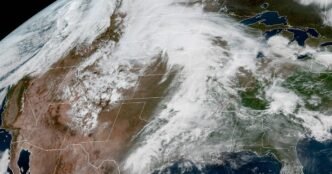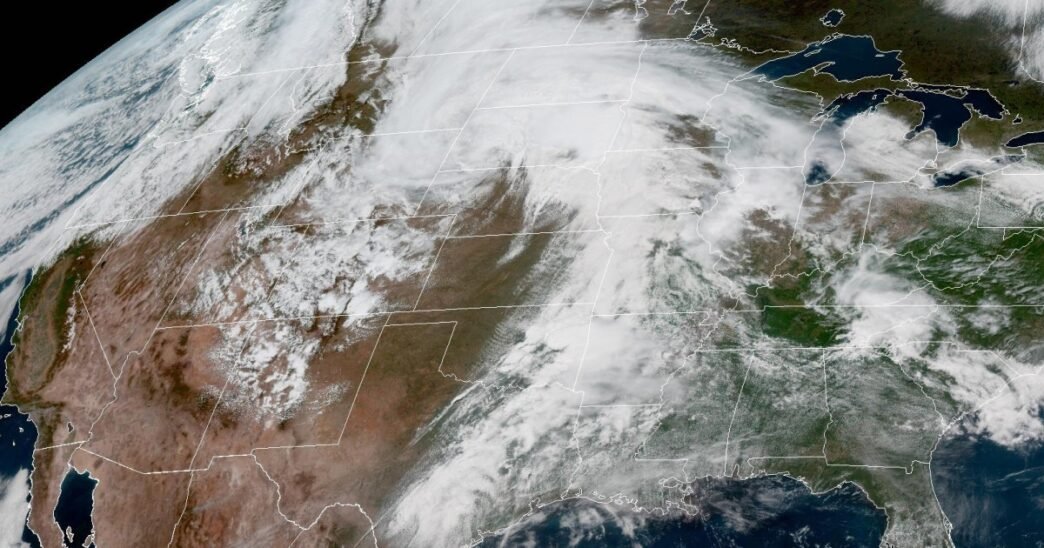Severe storms are expected to sweep across Alabama this week, as the National Weather Service undergoes an outage of the radio service that broadcasts key weather information for the region.
The NWS’s office in Birmingham said it will be conducting a “required, scheduled update” to its Advanced Weather Interactive Processing System, which is used to “display and integrate weather and water information and to send life-saving information, such as weather and water warnings, to the public.”
The update is expected to last from May 19 until about May 21, during which time NOAA Weather Radio transmitters maintained by the Birmingham office will be off-air, according to the NWS.
The NWS said it does not anticipate any impacts in providing forecasts, weather advisories, watches or warnings while the software update completes. The radio outage will affect transmitters across northern and central Alabama, including in Winfield, Oneonta, Birmingham, Anniston, Tuscaloosa, Demopolis, Selma, Montgomery, Auburn and Texasville.
The NWS did not immediately return a request for comment, but the agency said in a statement online that its forecast office in Birmingham will remain open and staffed while the software update takes place. Forecast operations will also be performed with a backup office in Peachtree City, rgia, “to minimize any potential interruption to services.”
NOAA Weather Radio is a national network of radio stations that broadcast official forecasts, weather warnings and other information from the National Weather Service. The 24/7 service also broadcasts warnings and information on other types of hazards, including earthquakes, avalanches, oil spills and public safety announcements.
al Oceanic and Atmospheric Administration, which oversees the National Weather Service, said NOAA Weather Radio stations nationwide will be taken out of service for two to three days for necess updates on a rolling basis through June.
“NWS local offices plan to inform listeners both on-air and on their websites when updates are scheduled,” agency officials said on the NOAA Weather Radio website.













